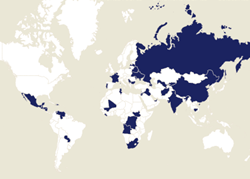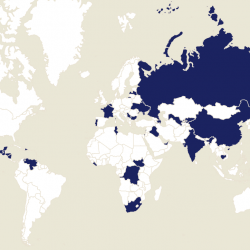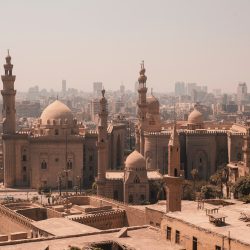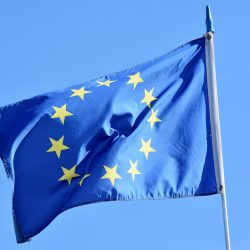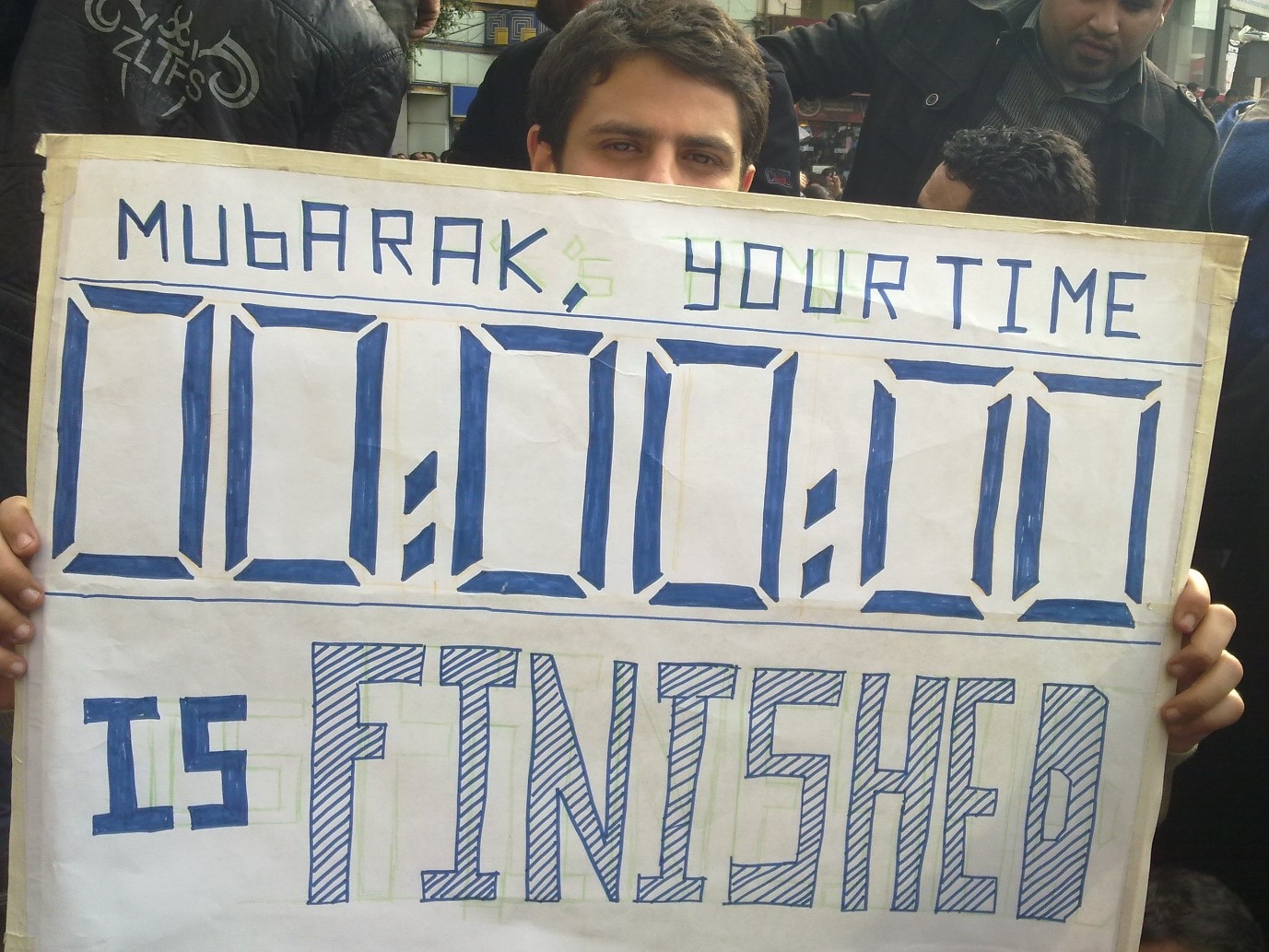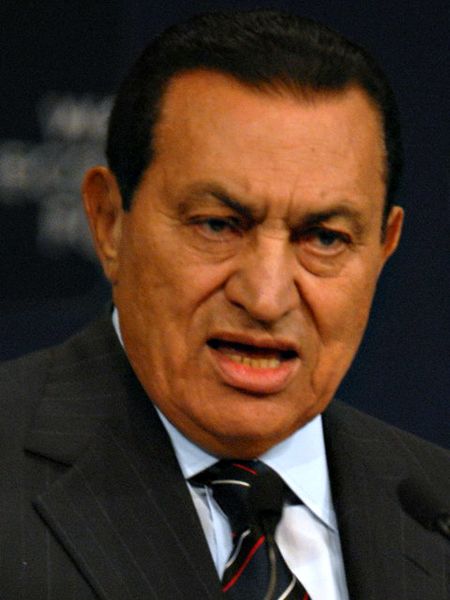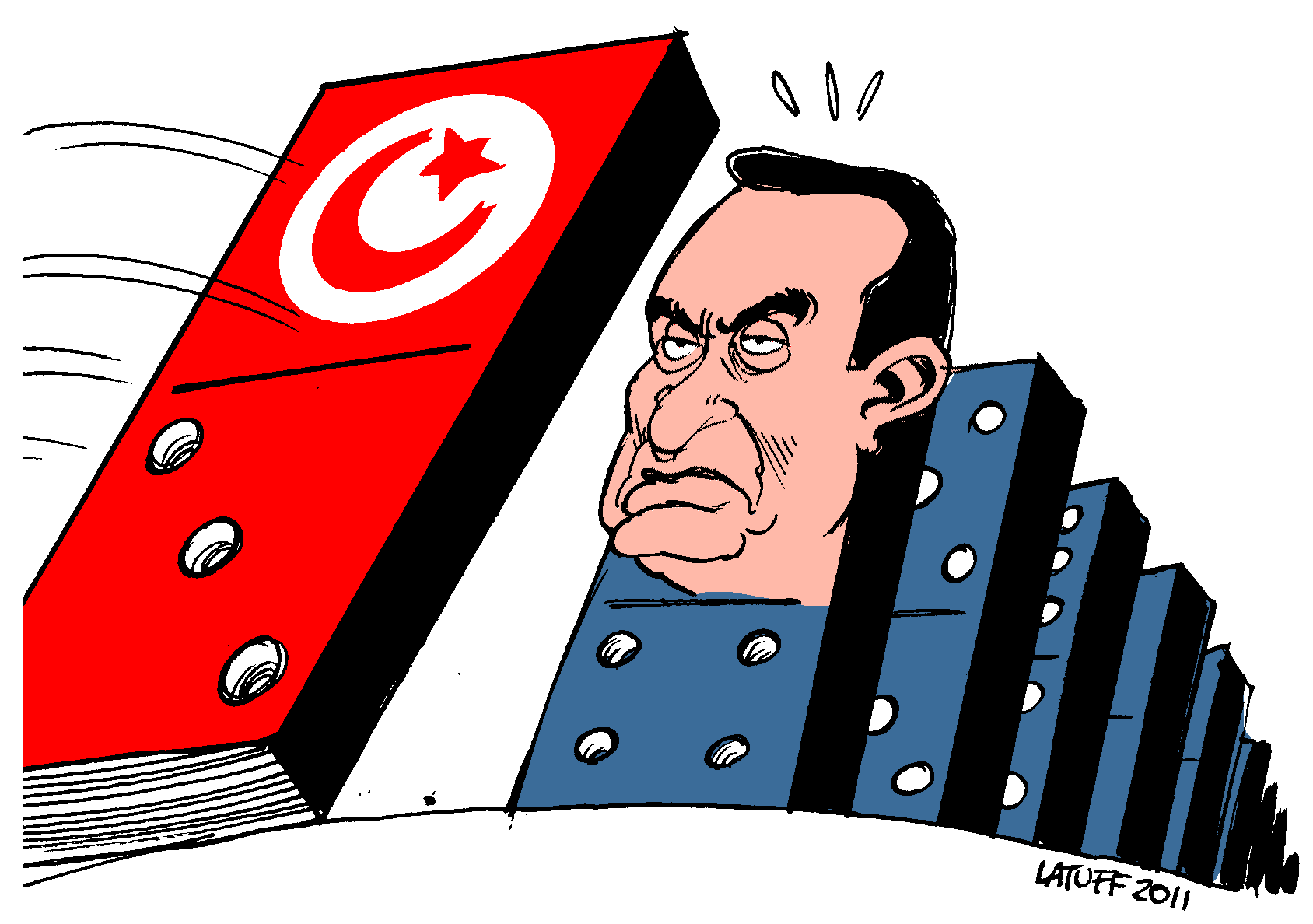Anti-corruption sanctions: 2023 in numbers
In 2023, sanctions continued to be a popular tool of foreign policy and many new individuals and entities were designated for one reason or another. As CiFAR launches its updated Sanctions Watch platform today, which tracks individuals sanctioned for reasons related to corruption, this blog takes stock of the changed listings across key anti-corruption sanctions Read more about Anti-corruption sanctions: 2023 in numbers[…]

